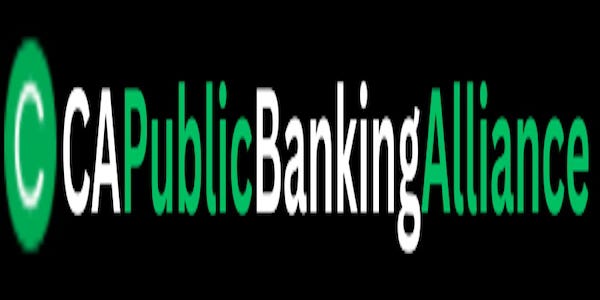Last week I took advantage of the April Fools’ Day timing of my column to lampoon the neoliberal current inside the Democratic Party while suggesting a better course of action might be to embrace progressive economic policies like the President’s proposals to tax the rich and corporations and the new push for a Green New Deal for Public Housing.
While it seems that policies such as these are a reach at the national level as long as government remains divided, the good news is that there are several more localized efforts that offer an opportunity to create models of progressive governance that might eventually show the way forward for the country as a whole.
On the tax front, as Capital and Main has reported, several states might be able to not just elevate the discussion of wealth and inequality during the Presidential contest, but actually move the needle in more a more tangible way with wealth taxes on the ballot:
On March 7, President Joe Biden reintroduced proposals to increase taxes on the wealthiest Americans and the nation’s most profitable corporations. The move virtually ensures that the nation’s extreme wealth inequality — more than one in four dollars in the country is held by a tiny sliver of households with a net worth over $30 million — will be part of the national election debate. But excessive wealth may take center stage in at least 10 states, ranging from Democratic bastions such as California, Hawaii and New York to swing states such as Nevada and Pennsylvania.
With a Pew Survey showing more than 61% support for a wealth tax nationwide, this would seem to be a debate the billionaire class would like to avoid at all costs. The evidence for the fairness of such a measure is hard to dispute.
Capitol and Main again notes that: “The wealthiest 0.01% of Americans pay a lower share of taxes than most working families, according to an analysis by the Center on Budget and Policy Priorities in 2021. While the average American taxpayer paid an average federal individual tax rate of 13% in 2021, the wealthiest 400 billionaire families in the country paid just 8.2%.” Thus, as with all efforts to address our nation’s vast inequality, the problem is not majority opinion but a political system that is easily manipulated by the superrich.
Another encouraging development statewide and locally is the push for a public bank in both California at large and here in San Diego. Why a public bank? The case made by the California Public Banking Alliance is compelling:
Public banks are lending and depository institutions owned by a local agency, such as a city or county, that serve a non-profit public purpose and are governed by a mandate responsive to local needs. These banks leverage their deposit base and lending power to benefit residents with affordable housing, small business loans, modernization of public infrastructure, and other community needs. They differ from traditional financial institutions in that they prioritize serving the needs of the communities they are accountable to, rather than maximizing profits for private shareholders . . . California public banks will provide municipal governments with cost-effective depository services and cash management while also supplying funding that supplements government spending. This frees up money for crucial services and reduces the billions of dollars in interest payments that local governments currently pay to private banks.
Public banks, they argue, keep money in the community, reduce the cost of infrastructure, and make funds available for fighting climate change, providing affordable housing, building better transit, and providing for a litany of other pressing needs. Rather than being held hostage by the interests of the wealthy and big corporations, such an entity would instead prioritize the needs of the community. In sum, it puts people over profits.
Local advocates for a public bank in San Diego argue that its charter should incorporate explicit social responsibility and anti-corruption clauses, ensure transparency, and have a board with both financial expertise and experience in community development.
With seemingly intractable problems that will require local government to devote real resources, having a public bank would make it easier to fund and sustain big projects that do not simply further enrich the same powerful interests that have ruled San Diego as a kind of shadow government for generations.



